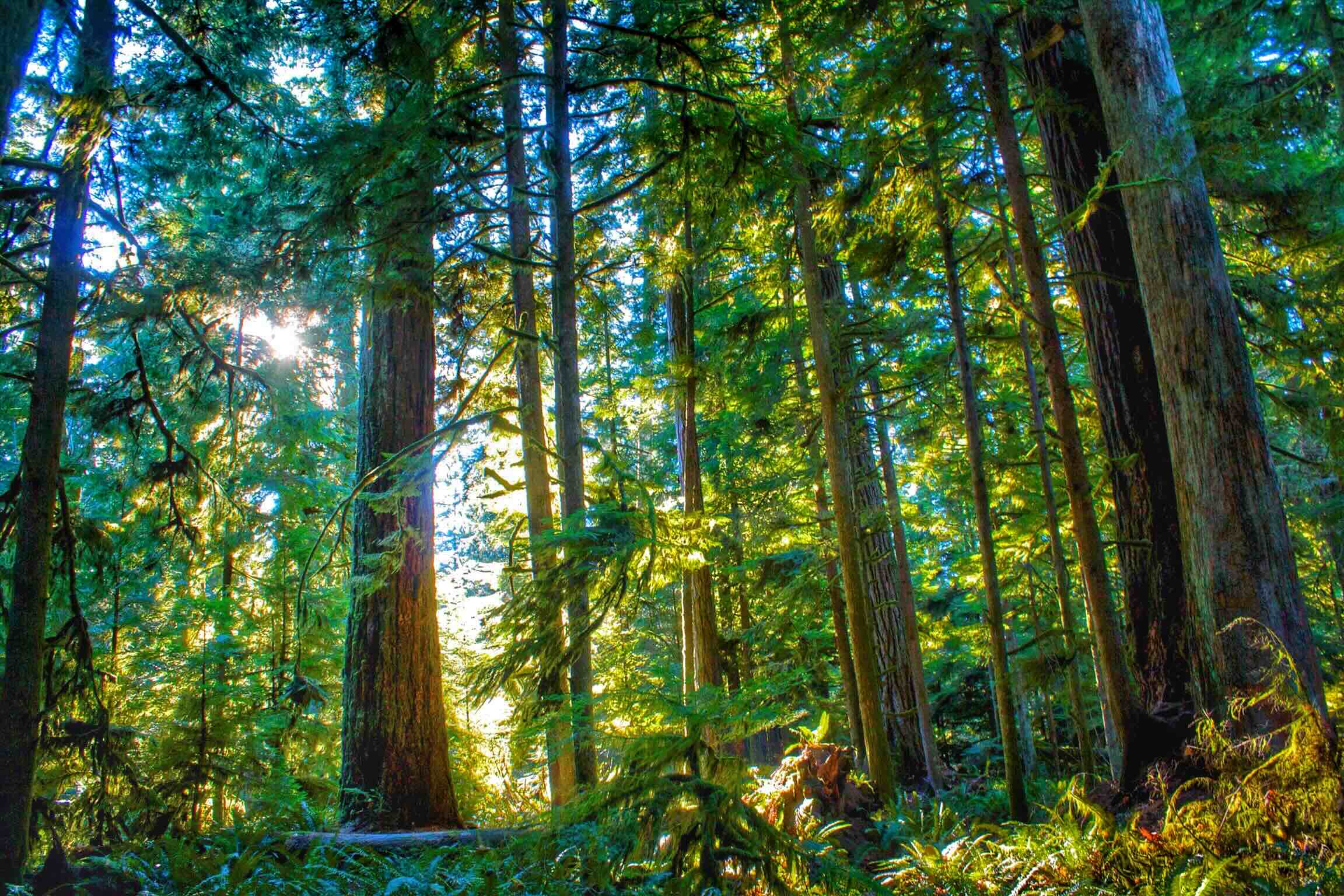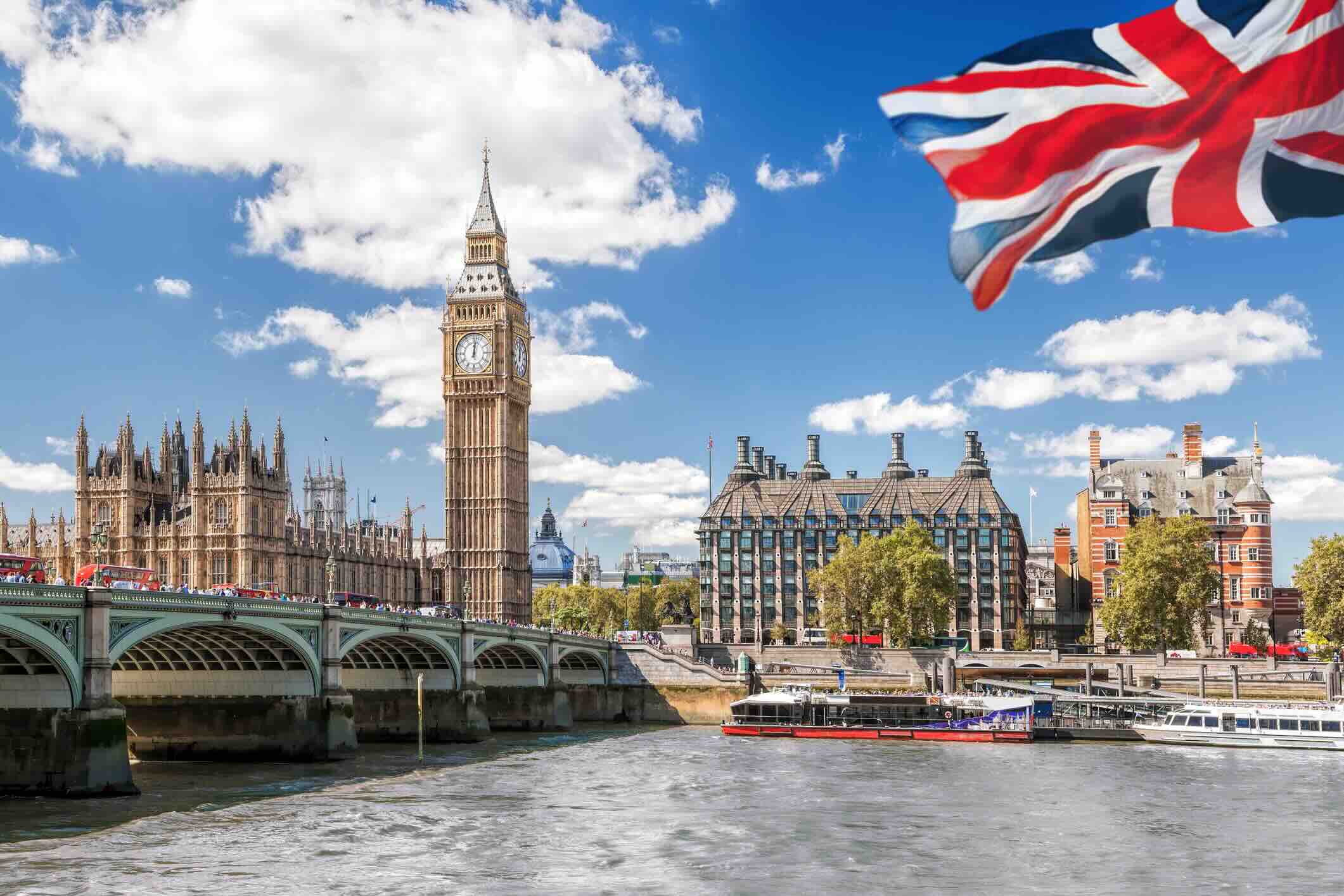This website uses cookies so that we can provide you with the best user experience possible. Cookie information is stored in your browser and performs functions such as recognising you when you return to our website and helping our team to understand which sections of the website you find most interesting and useful.
American Carbon Registry Presents Awards to Celebrate Environmental Accomplishments of Industry and Government Leaders

SAN FRANCISCO, CA, April 11, 2012 – Last night, the American Carbon Registry (ACR), a nonprofit enterprise of Winrock International, hosted its annual gala reception and dinner. Opening the event by welcoming California Air Resources Board Chairman Mary Nichols, Winrock President and CEO Frank Tugwell highlighted ACR’s activities to gear up for the California carbon market. He announced the hire of a California director who will work out of ACR’s new Sacramento office, the launch of a registry platform with APX, and the appointment of several state luminaries to its Advisory Council. To recognize outstanding environmental achievements of trailblazing organizations, ACR also presented awards based on ACR guiding principles of innovation, quality and excellence.
ACR advisor Cynthia Cory of the California Farm Bureau Federation presented Chair Nichols with the ACR’s first Climate Leadership award in recognition of her ambitious and transformational leadership to develop the first economy-wide cap-and-trade program in the United States. Cap-and-trade is the cornerstone of the state’s historic climate legislation, Assembly Bill 32 (AB32), which mandates a reduction in carbon emissions to 1990 levels by 2020.
“We are proud to award Chairman Nichols ACR’s first Climate Leadership award,” Tugwell said at the ceremony. “Her indefatigable approach to implementing AB32 in a way that balances economic, social and environmental concerns is unprecedented. It has inspired us to invest in people, service partnerships and a new office in the state’s capitol to help California to implement its program and continue to build a lowcarbon economy.”
During dinner, ACR presented its Innovation awards to the pioneering co-developers of two ACR emission reduction protocols. The California Rice Commission (CRC) and Environmental Defense Fund (EDF) were presented with the Innovation award for their collaboration on development an offset protocol for rice production in California. Through a USDA Conservation Innovation Grant (CIG), CRC and EDF are expanding the protocol to include Mid-South rice production and are engaging rice producers in California and Arkansas in pilot offset projects to demonstrate benefits of producer participation in the compliance offset program.
“The California Rice Commission is pleased to be recognized for our pioneering work with EDF to develop an approach for generating greenhouse gas offsets to meet California’s climate goals,” said Paul Buttner, manager of environmental affairs for the California Rice Commission. “We plan to continue our collaborative efforts to develop this into a workable program for rice in California and the Mid-South. We are hopeful that the concepts we’ve developed, such as the use of process-based models in protocols and required aggregation, can contribute to efforts to develop offset protocols that benefit other commodity groups.”
“We are grateful to American Carbon Registry for their thoughtful and rigorous approval process, resulting in one of the first high quality offset protocols for agriculture,” said Rebecca Shaw, a climate scientist and associate vice president for Environmental Defense Fund. “Climate change threatens California’s economy and environment; agricultural offsets reduce climate emissions while delivering additional sources of income to farmers and ranchers in the state.”
Verdeo Group and Devon Energy were also presented with an Innovation award for the development of the first U.S. carbon offset protocol for the oil & gas sector. The protocol provides the quantification requirements to generate carbon offset credits by retrofitting existing high-bleed pneumatic controllers with low-bleed options, thus reducing vented emissions of methane, a potent greenhouse gas. According to the U.S. Environmental Protection Agency, high-bleed pneumatic controllers are among the largest sources of vented methane by equipment type in the U.S. oil & natural gas industry. Two projects under this protocol are currently registered on ACR, and more are in the registration pipeline. ARB estimates that offsets from this project type could generate 15-20 million tons of CO2-equivalent emission reductions by 2015.
“We are very appreciative of ACR’s recognition of the hard work that led to the development and implementation of this first-of-its-kind methodology” said John Savage, managing director at Verdeo. “We look forward to working with ACR to make offset credits from projects using the methodology available as compliance instruments in CA’s cap-and-trade program.”
The National Forest Foundation (NFF) received the ACR Commitment to Quality award for its dedication to National Forest restoration and stewardship. Chartered by Congress in 1991 as the nonprofit partner of the U.S. Forest Service, NFF promotes the health and public enjoyment of the 193-million-acre National Forest System. NFF has planted over three million trees across the U.S., and recently announced its first reforestation project that will generate verified emission reductions registered on ACR. The project will restore 250 acres of the San Juan National Forest in Colorado destroyed by the 2003 Bear Creek Fire. Offsets generated by the project will be retired on behalf of Chevrolet as part of a larger effort by the company to offset 8 million tons of CO2 emissions over the next few years. The NFF is developing a similar project in California’s Angeles National Forest, which has already begun the ACR registration process.
“We selected American Carbon Registry because of the organization’s extensive knowledge of terrestrial carbon sequestration, understanding of public lands issues, and focus on accountability,” said NFF president Bill Possiel. “We are proud to receive the award and look forward to working with ACR on future forest carbon projects.”
Norfolk Southern was honored with the ACR Corporate Excellence award for its outstanding performance in measuring and reducing its emissions. Norfolk Southern has made a public commitment to reducing CO2 emissions 10% below 2009 levels by 2014 and reached nearly 40% of the five-year goal in the first year. The reductions were achieved through improvements in locomotive fuel efficiency, increased energy efficiency of buildings and railroad facilities, and operating efficiencies that allowed the company to move higher volumes of freight over its 22-state network. In addition to in-house emission reduction activities, in 2011 Norfolk Southern launched Trees and Trains, a $5.6 million partnership with ACR member GreenTrees to restore 10,000 acres in the Mississippi Alluvial Valley by planting six million hardwoods & cottonwoods.
“We appreciate ACR’s recognition of our environmental stewardship,” said Blair Wimbush, vice president real estate and corporate sustainability officer. “Our collaboration with GreenTrees will foster revitalization of the Mississippi Delta’s environmental health and generate economic benefits for a region long served by Norfolk Southern. Our company’s 180-year history tends to give us a long-term perspective, and this kind of sustainable, lasting initiative is exactly what we like to do.”
###
The nonprofit American Carbon Registry (ACR), an enterprise of Winrock International, is a leading carbon offset program recognized for its strong standards for environmental integrity. Founded in 1996 as the first private voluntary GHG registry in the world, ACR has set the bar in the global voluntary carbon market for offset quality and operational transparency and continues to lead innovation.




